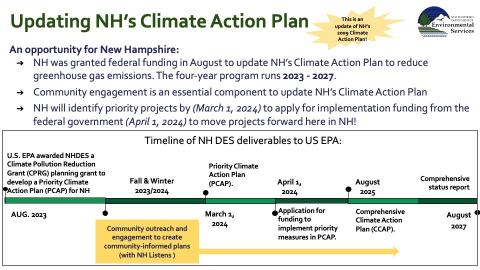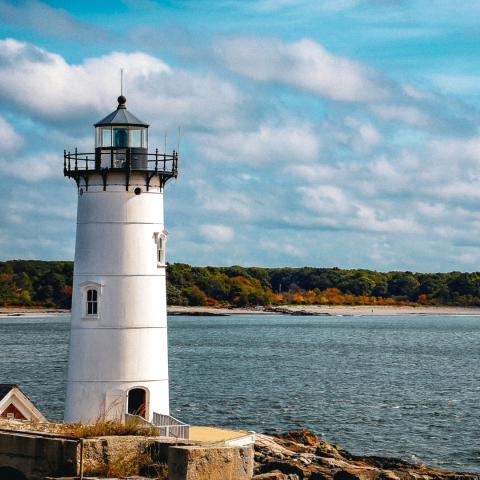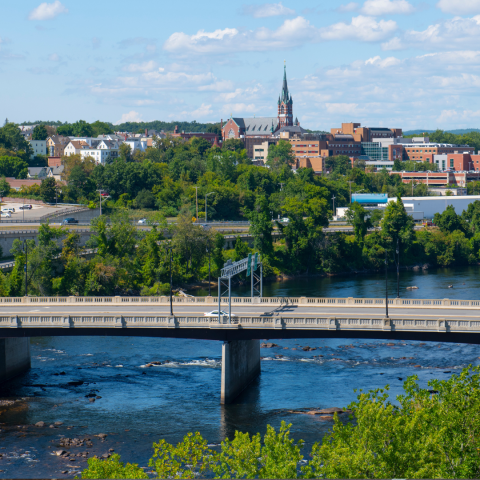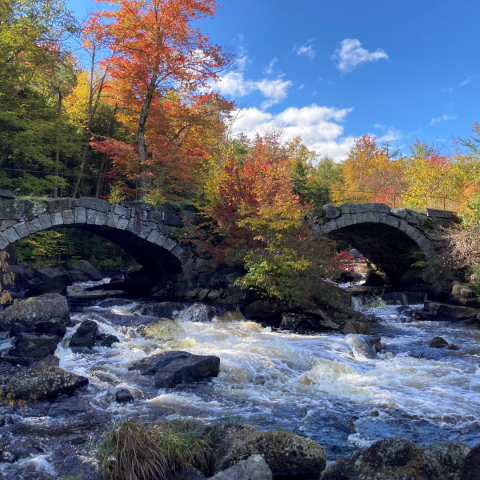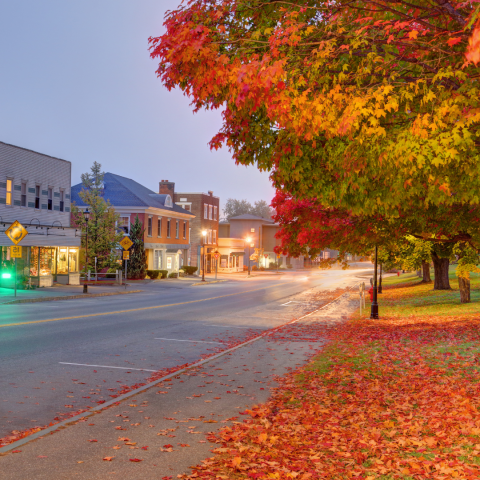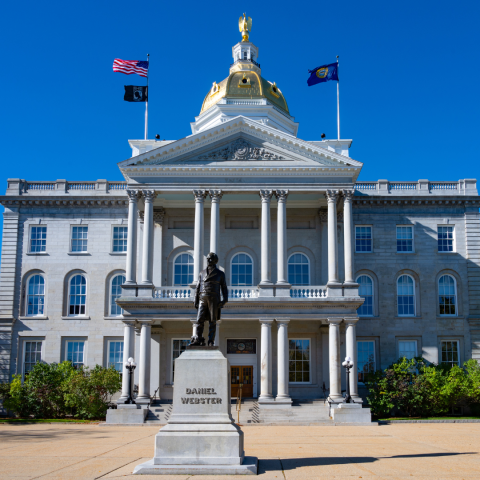
New Hampshire Listens is working on behalf of the NH Department of Environmental Services (NHDES) to design and facilitate community engagement—an essential component of NH's Priority and Comprehensive Climate Action Plans (PCAP and CCAP). Visit the CPRG Climate Action Planning website to learn more.
About the Climate Pollution Reduction Grant Program
These plans are part of the Climate Pollution Reduction Grant funding from the U.S. Environmental Protection Agency. They lead to implementation funding that will support community-engaged projects with an effort to focus on Justice40 investments among the sectors of air pollution and greenhouse gas reductions. If you have specific questions about the grant funding, email the NHDES CPRG Team.
Air pollution affects us all in our homes, at work, where we and our families learn, and where we play. The State of New Hampshire needs to hear from local community members interested in, and already working on, air pollution reductions! Your priorities could become funded projects.
The goals of the CPRG program are to:
- Reduce greenhouse gas emissions while supporting the creation of good jobs and lowering energy costs for families.
- Empower community-driven solutions in neighborhoods overburdened by pollution and the impacts of climate change by directly seeking input from those communities.
- Deliver cleaner air by reducing harmful air pollution in places where people live, work, play, and go to school.

What We Learned From the PCAP Engagement Series
We held community conversations online and in person to name key priorities for reducing air pollution and greenhouse gas emissions in your community or region. Between December 2023 and early February 2024, a series of community conversations were offered for people to learn, listen, and walk with each other to help develop a priority climate action plan.
We heard about local and regional projects that will benefit communities most in need, and address the barriers to implementing those projects. From workforce solutions to building a cost-sharing program to increase weatherization efforts for low- to moderate-income people to developing a coalition to buy solar power for buildings, etc.
These conversations were focused on talking about local issues and potential solutions in many different areas of concern:
- Agriculture
- Commercial & Residential Buildings
- Electricity Generation and/or Use
- Industry
- Natural & Working Lands
- Transportation
- Wastewater
- Wastewater & Materials Management
The insights from the Greater Manchester, Greater Nashua, and the Greater Seacoast Regions will also help to inform the development of a Climate Action Plan for Greater Boston.
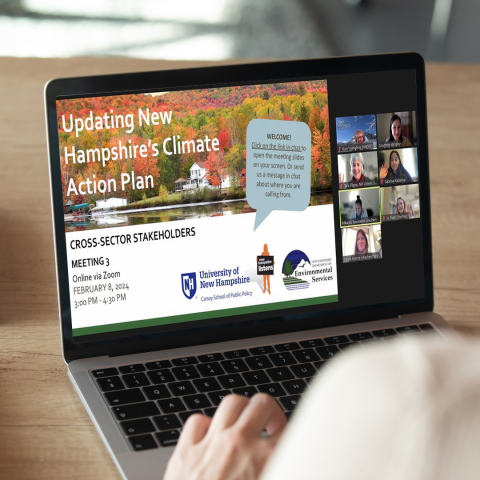
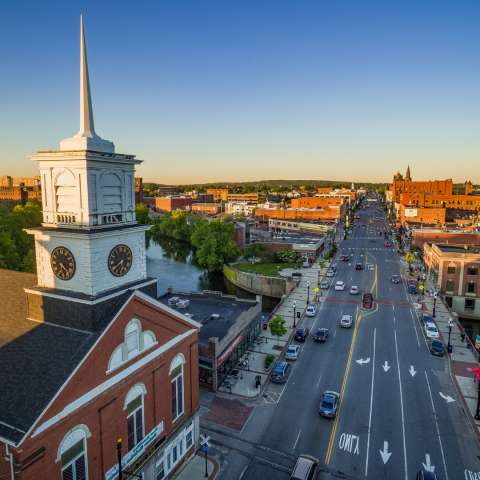
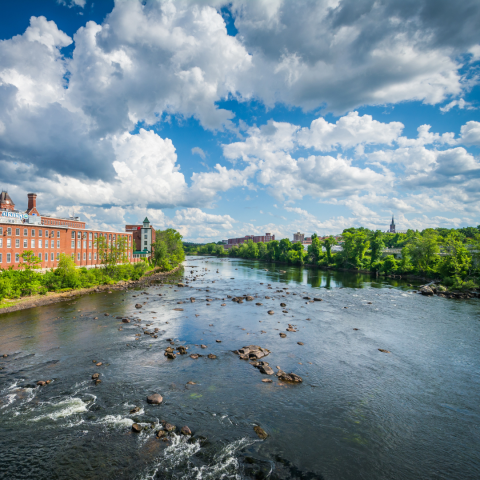
We held three cross-sector stakeholder gatherings where people working on greenhouse gas and air pollution reduction efforts, advocates, non-profits, regional and city/town planners, association leaders, etc., can talk about priorities and projects that are essential elements of New Hampshire's PCAP (due March 1, 2024) and CCAP (due the following year).
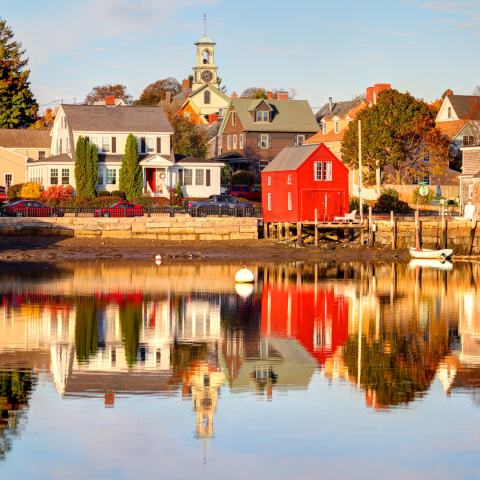
November 30 | Online
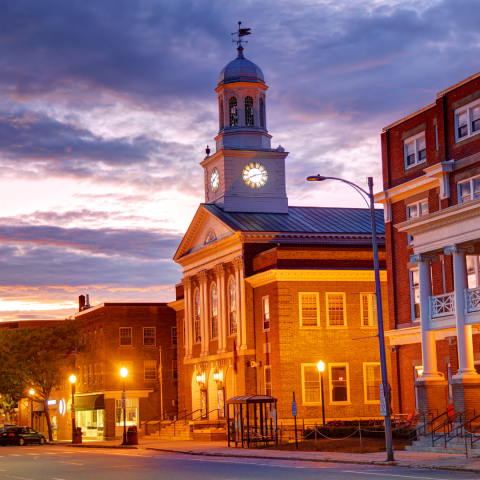
January 11 | Online
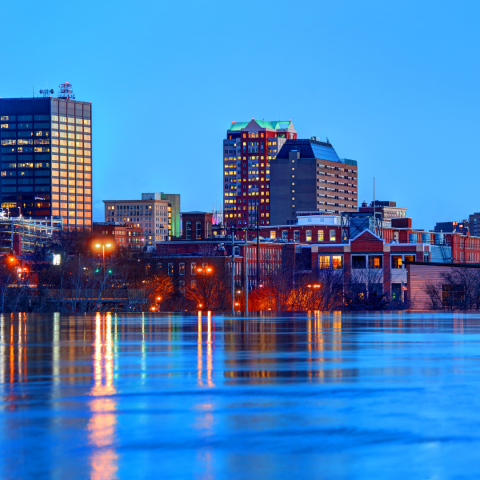
February 8 | Online

NH Listens and the NH Department of Environmental Services hosted online community engagement events on June 5 & 6 to share updates and what's next for NH's Climate Action Plan. People across NH participated to hear updates about NH's PCAP and implementation grant applications (submitted to the EPA March 1 & April 1). Participants also learned about NH's priority measures (PCAP), preparation for implementation grants, and community engagement linked to CCAP. Thank you to everyone who attended and continues to stay engaged in the process!
Timeline
